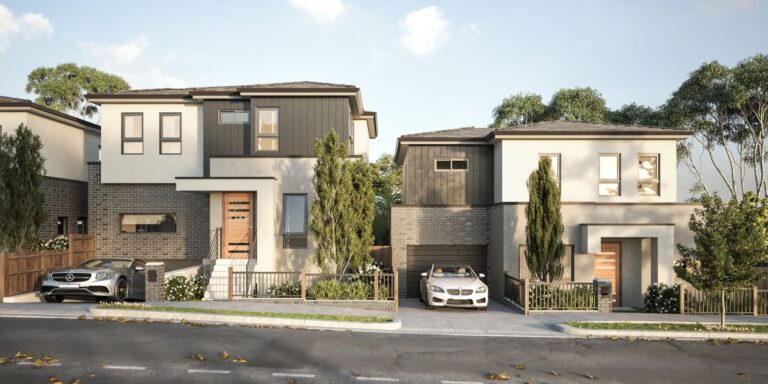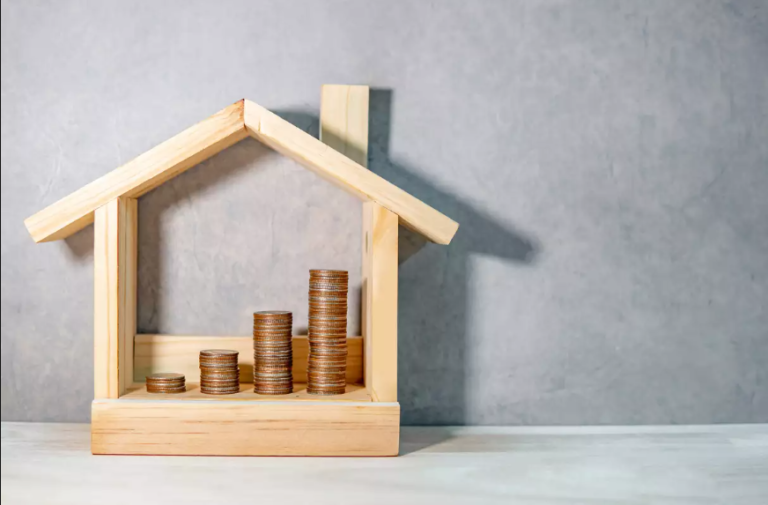Key Factors to Consider When Buying a Home in Australia
Purchasing a home is one of the most significant investments you’ll make, and in Australia, the process comes with its unique set of considerations. From market trends to local regulations, navigating the Australian real estate landscape can be complex. Here’s a comprehensive guide to help you make an informed decision.
1. Understand the Local Market
Australia’s real estate market can vary significantly from one city to another and even within different suburbs of the same city. Researching market trends, median house prices, and recent sales data in your desired location is crucial.
2. Set Your Budget
Before you start house hunting, it’s important to determine how much you can afford. Consider your financial situation, including your income, savings, and existing debts. Use mortgage calculators to estimate your borrowing capacity and monthly repayments. Don’t forget to factor in additional costs such as stamp duty, legal fees, and inspection costs.
3. Consider the Location
The location of your potential home is a key factor. Think about proximity to work, schools, public transport, and amenities like shopping centers and parks. Evaluate the neighborhood’s safety, future development plans, and overall vibe. It’s also worth considering the long-term potential of the area, including potential for property value growth.
4. Research the Property
Once you find a property that interests you, conduct thorough research. Check the property’s history, including previous sales, renovations, and any potential issues such as flooding or structural problems. Arrange a professional building and pest inspection to uncover any hidden issues.
5. Understand Legal Requirements
Familiarize yourself with the legal requirements of buying property in Australia. This includes understanding the contract of sale, cooling-off periods, and the process of transferring ownership. Engaging a qualified conveyancer or solicitor can help ensure that all legal aspects are handled correctly.
6. Evaluate Future Growth Potential
Consider the future growth potential of the property. Research upcoming infrastructure projects, zoning changes, and economic developments in the area. Properties in regions with planned improvements or high demand are more likely to appreciate in value over time.

7. Assess the Property’s Suitability
Think about the long-term suitability of the property. Consider your future needs, such as family expansion, lifestyle changes, and potential resale value. Evaluate the property’s layout, size, and features to ensure it aligns with your future plans.
8. Review Financing Options
Explore different financing options to find the best mortgage deal. Compare interest rates, loan terms, and features from various lenders. Consider speaking with a mortgage broker who can provide personalized advice and help you navigate the lending process.
9. Understand the Community
A community’s characteristics can significantly impact your living experience. Look into local services, community groups, and neighborhood dynamics. Engaging with current residents or attending community events can provide insights into what it’s like to live in the area.
10. Plan for the Future
Finally, think about your long-term plans and how the property fits into them. Whether you’re buying your forever home or an investment property, ensure that your choice aligns with your financial goals and personal aspirations.
Buying a home in Australia involves careful consideration and planning. By understanding the local market, setting a realistic budget, and evaluating the property’s suitability, you can make a more informed decision. Take the time to research and seek professional advice to ensure that your investment is sound and that you find a home that meets your needs and goals. Happy house hunting!







